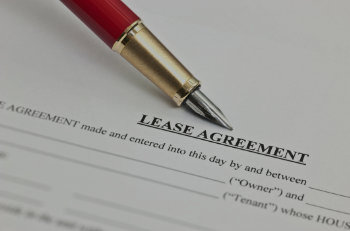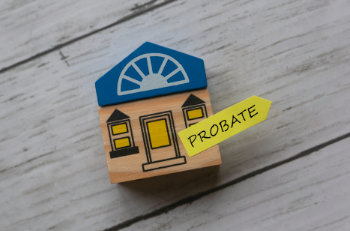
This depends on the service that the Landlord has agreed with the Letting Agent. There are 3 levels of service that Duncan Phillips offer to their landlords, Let Only, Rent Processing and Management.
The Letting Agent will always deal with property viewing, references, agreements and assisting you through the process of moving in.
If the Landlord takes the Let Only option, then all correspondence will go through the Landlord themselves after the move in date.
Rent Processing is like Let Only but the letting agent will collect your rent on a monthly basis and pass this on to the Landlord.
When it comes to the Management service the tenant will deal exclusively with Duncan Phillips with all aspects of the property including rent, maintenance and any other problems or queries throughout the duration of the contract.
The Letting Agent, in this case Duncan Phillips acts on behalf of the Landlord. However, professional standards across the industry ensure that we will work with you during the tenancy if you have any grievances or feel that the Landlord is being unreasonable. Duncan Phillips will work on a suitable resolution with their client, the Landlord.
A Letting Agent will ensure that the property is safe, priced correctly and would also support the Tenants viewpoint if they believe them to be valid and lawful.
The Tenant is responsible for all utility bills unless specified and these include electricity, gas, council tax, telephone, broadband, water and a TV licence.
Any problems structurally are maintained by the landlord. Appliances, fixtures, and fittings that need repairing will be repaired by the landlord as part of their maintenance obligations.
Please report any repairs as soon as you are away of any issue and we can get them fixed as soon as possible.
If the Landlord or Duncan Phillips representative needs to gain access to your property for repairs or unusually for any other reason, we will arrange a suitably convenient time with you.
There may be times when during an agreement an agent may want to inspect the property and will give you reasonable notice of this. This is normally covered in the rental agreement signed by you and the Landlord.
Most rental tenancy agreements are for a 12-month period, but some landlords may look at shorter terms such as six months. Some Landlords also like to include a break clause with 2 months’ notice after four months of the agreement.
Giving notice earlier than the timings stipulated on the term of you contract will constitute a breach and leave you liable for the rest of the rent until the end of the agreement unless the property is re-let, and you pay any expenses incurred from the Landlord.
When drawing up the initial agreements a break clause of you needing to give 4 months’ notice could be negotiated. This would mean you would be liable for the rent for the notice period of two months - releasing you from the remaining six months on a twelve-month tenancy. This scenario rolls on month to month.
Take advice first if an important repair is needed and the Landlord is not getting the repair fixed as fast as they can. You should not stop paying rent until you are certain of the reason for the delay in completing the repair.
Ensure all essential repairs are reported in writing to avoid any delays or ambiguity.
An Assured Shorthold Tenancy Agreement is standard and is used for a six to twelve-month rental agreement between tenant and landlord.
We are committed to providing a professional service to all our clients and customers. When something goes wrong, we need you to tell us about it. This will help us to improve our standards.
If you have a complaint, please put it in writing, including as much detail as possible. We will then respond in line with the timeframes set out below (if you feel we have not sought to address your complaints within eight weeks, you may be able to refer your complaint to the Property Ombudsman to consider without our final viewpoint on the matter).
What will happen next?
The Property Ombudsman
Milford House
43-55 Milford Street
Salisbury
Wiltshire
SP1 2BP
01722 333 306
Please note the following:
You will need to submit your complaint to The Property Ombudsman within 12 months of receiving our final viewpoint letter, including any evidence to support your case.
The Property Ombudsman requires that all complaints are addressed through this in-house complaint’s procedure, before being submitted for an independent review.

FREE
ONLINE VALUATIONS

Properties
FOR SALE

Properties
FOR RENT

FREE
PROBATE VALUATIONS
Confidence In Landlord's Is At A High In The Private Rented Sector
Stamp Duty Deadline Increases The Rush For First-Time Buyers
First Time Buyers In London Increased By 3% Since The Autumn Budget